Thailand
In Thailand, Future Food Together develops sustainable value chains from the field all the way to the table by working closely with key value chain actors such as rural communities, farmers and farmer associations, retailers and other marketing channels, as well as consumers plus government bodies.
Our Work
Our team implemented several significant project initiatives, including the establishment of a Forest Landscape Restoration Fund with the goal of enhancing sustainable food systems among smallholder farmer production across two provinces. Additionally, we formed a partnership to cultivate sustainable supply chains in collaboration with Central Group, a prominent retail conglomerate in the region. Our efforts also encompassed conducting more than 40 workshops with over 200 participants, dedicated to nurturing the expansion of an organic food network through increased support for farmers’ markets. Furthermore, we implemented a traceability platform to elevate transparency and furnish consumers with comprehensive information, ultimately forging a more robust connection between producers and consumers.
We bring producers and consumers closer together, supporting farmers in their transition to sustainable farming, and working with stakeholders along the value chain so that these sustainable products reach marketplaces.
To render the value chain more transparent and connect and empower consumers with product information, the project has developed a traceability app and relies on the PGS (Participatory Guarantee Systems) certification scheme, which is inclusive and accessible to smallholder farmers in countries where ‘organic farming’ is just beginning to develop.
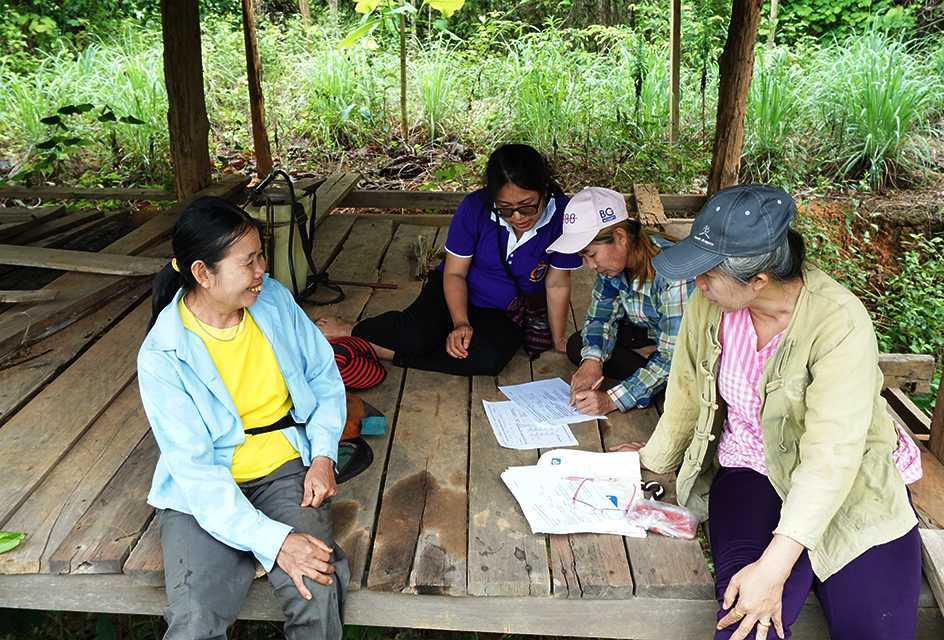
Peer review as part of PGS certification scheme © WWF Thailand
Our Results
Consumer Engagement
In Thailand, the Eat Better consumer campaign provided information, raised awareness and ramped up social momentum towards responsible consumption as part of a sustainable food system. The campaign was created to demonstrate the value of food and how it is produced, the responsibilities that individual consumers have in triggering a transition to a sustainable food system, and information on how to contribute to sustainability and a low-carbon nutrition.
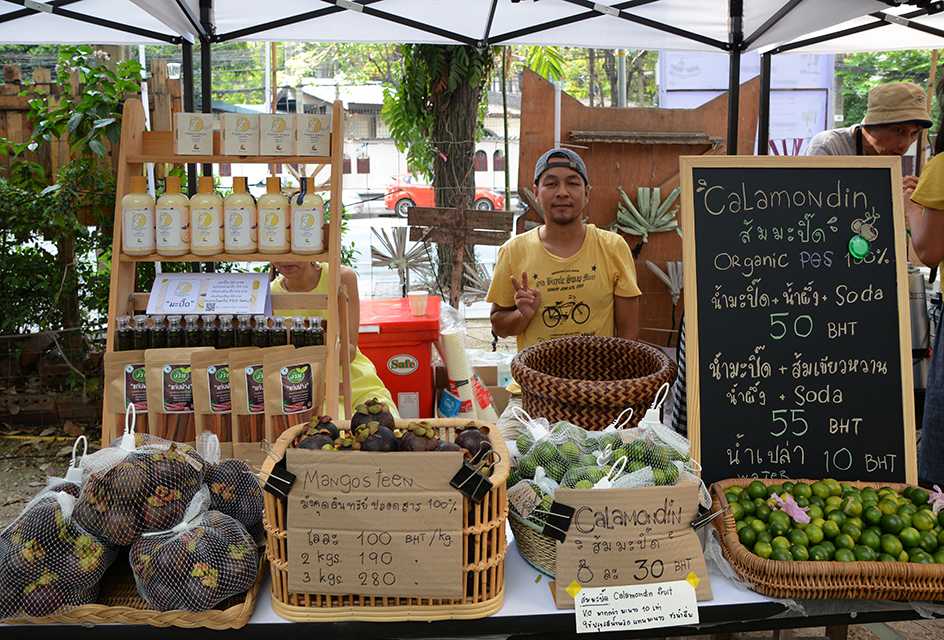
© WWF Thailand
Cooperation with Businesses
At the beginning of the project, two pilot areas were identified that proved suitable for this transition from high-input monoculture to diversified agroecological production of local varieties and perennial crops. Organic products from the landscape are now sold at local food and retail markets, generating income for local communities, and improving livelihoods. At the same time, the value chain to one of the largest retailers was successfully established, bringing the organic products from these regions to urban supermarkets.
A fund called FLR 349 was set up with business partners in 2018, to support this nature-based solution model aimed at restoring the ecosystem of local food systems and building resilient communities in the long run. The activities under this fund combine agroecological approaches that focus on diversity, synergies, efficiency, resilience, and social values with a forest landscape restoration approach and afforestation efforts. Farmers are incentivized to shift from agrochemical monoculture farming to growing perennial trees, fruits, vegetables, and herbs in a mixed farming system and are supported for 6 years in this. The FLR349 model is implemented in two northern provinces of Thailand, Chiang Mai and Nan. A total of 600 hectares of maize plantation have been converted from monoculture with 118 hectares of forest restored so far.
Our team is now supporrting the development of community enterprises in the project regions, take a look at the activites in the video below:
© WWF Thailand
Over time, the project has triggered a shift in the retail sector. Central Group, one of the largest retail conglomerates in the region, has partnered with the project as part of its market transformation initiatives. Farmers markets where consumers can purchase products from the project landscape were opened across the country in 23 provinces.
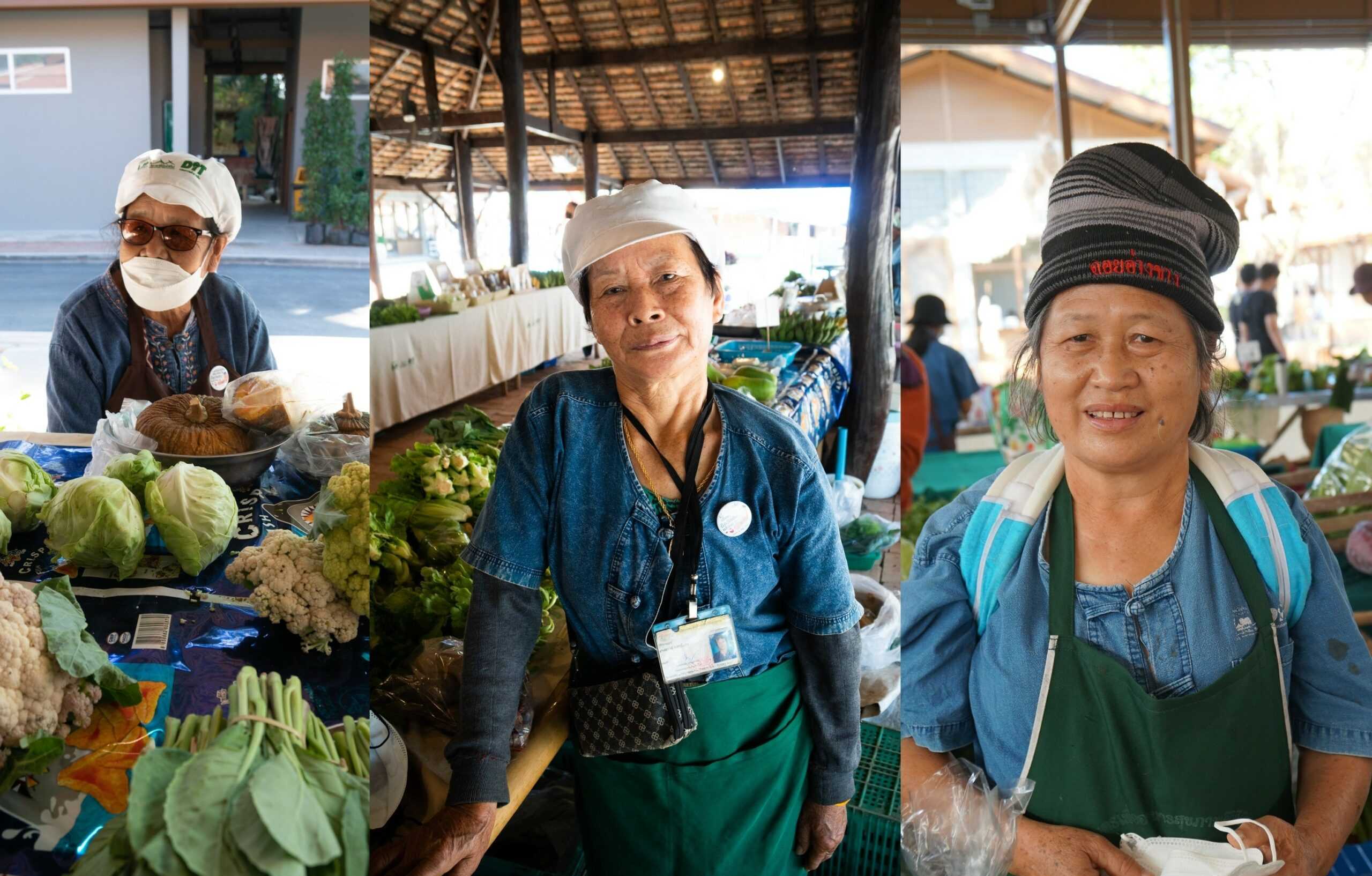
Women selling their produce at a farmers market in Chiang Mai © WWF Thailand
Project News
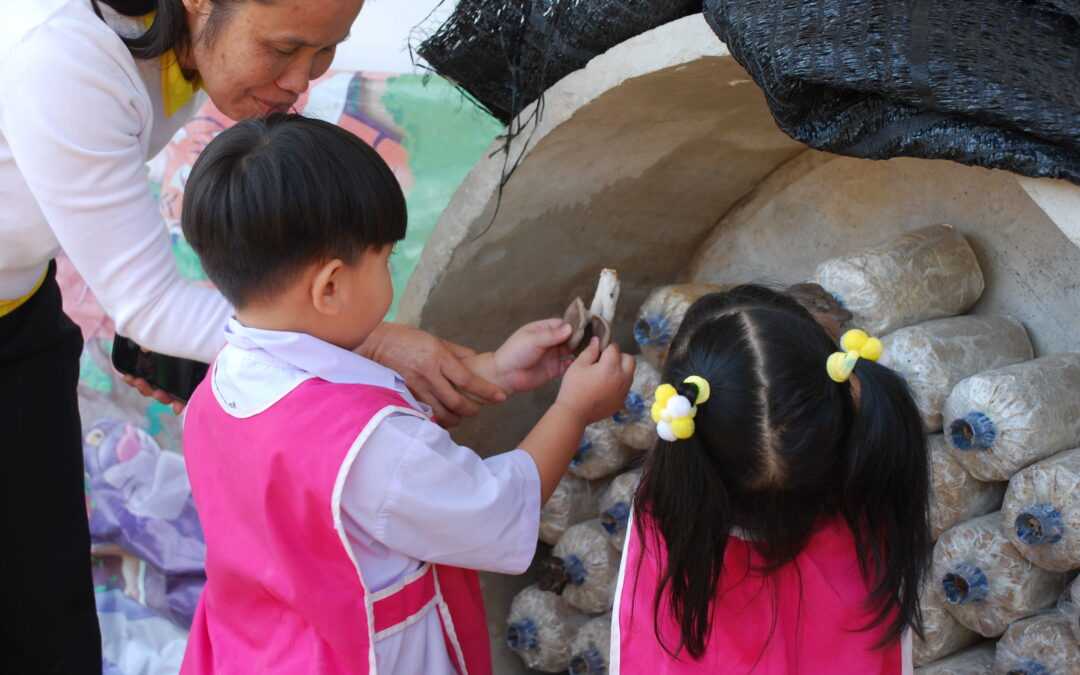
Thai School Lunch Initiative
How can we weave healthy and sustainable diets into everyday school life and get the young ones excited about good, nutritious food?
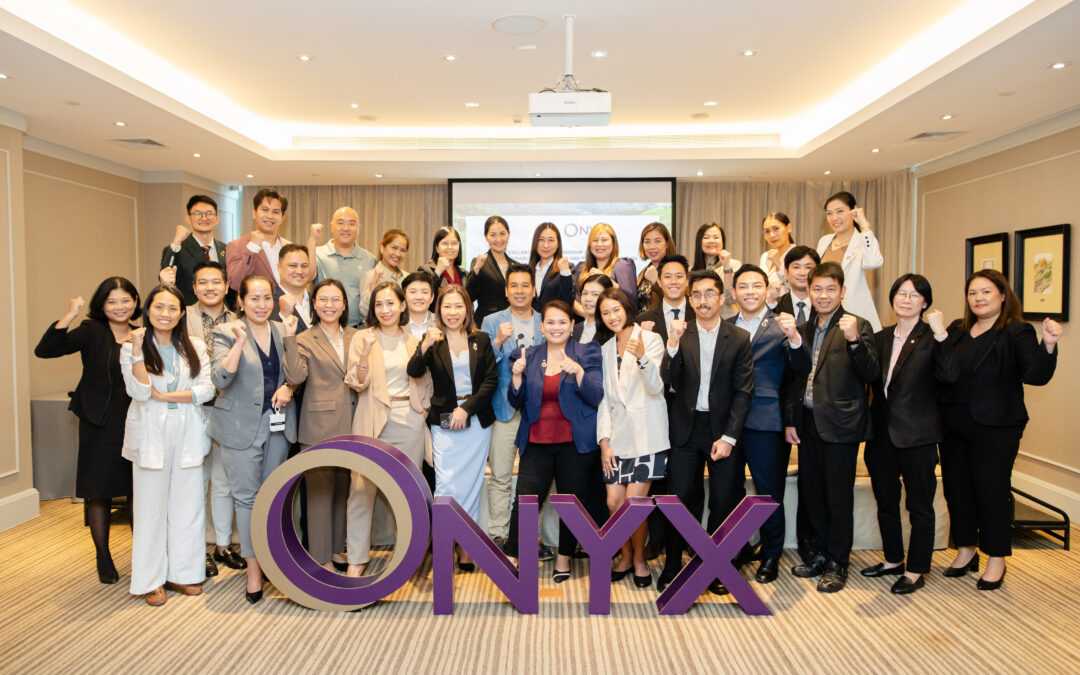
Joining Forces with the Hospitality Sector in Thailand
The Future Food Together’s IKI SCP Phase II Project recently formed a strategic partnership with the Onyx Hospitality Group. This partnership, formalized on December 8, 2023, at the Oriental Residence in Bangkok, signifies a crucial step towards promoting sustainable production and consumption principles within the hospitality sector in Thailand.
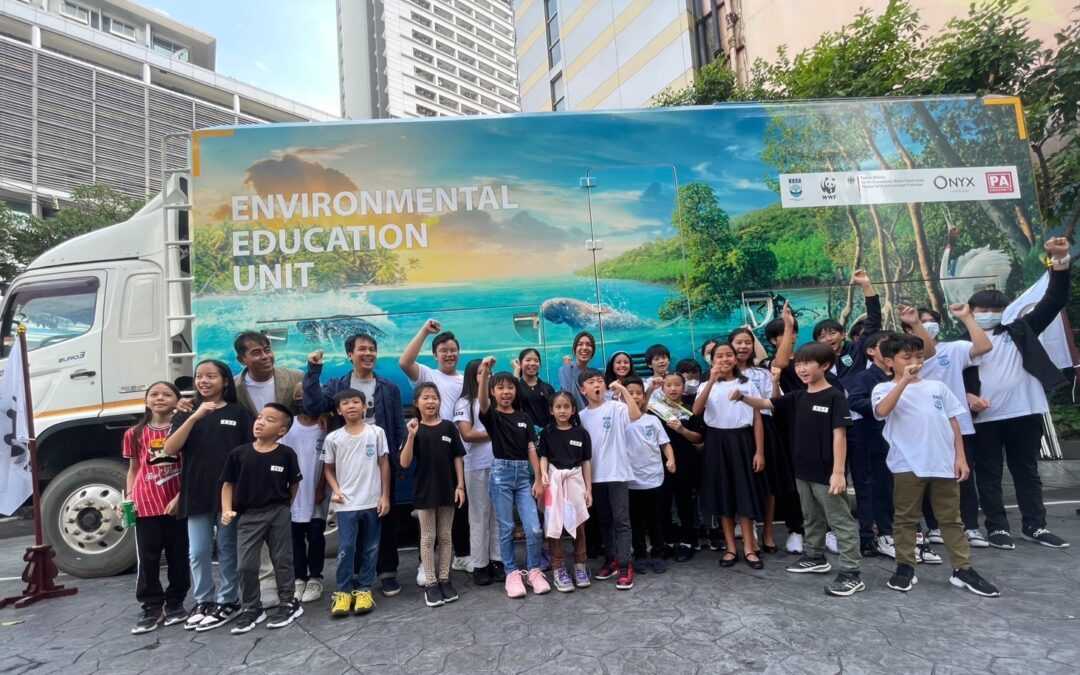
Empowering Thai Youths for a Sustainable Future
Future Food Together Thailand, in partnership with the Environmental and Social Foundation (ESF), has developed an innovative environmental education programme for Thai youths.
